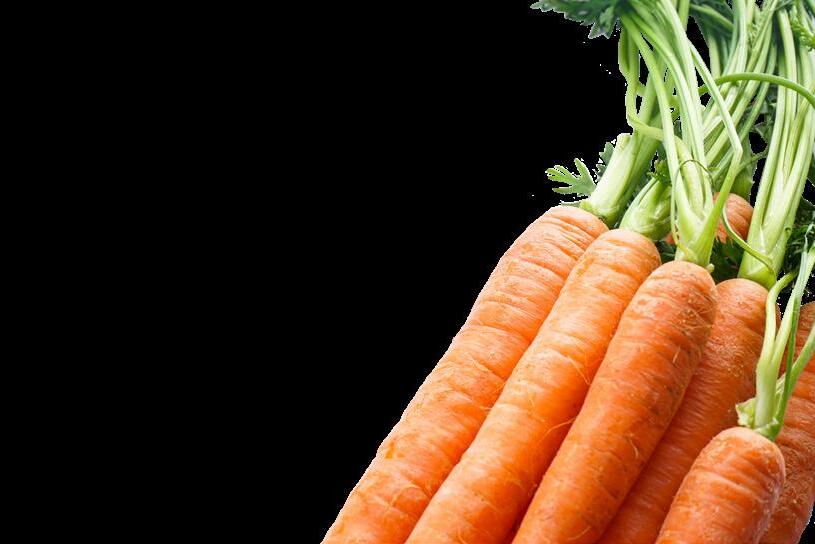
3 minute read
Conscious Consumers
68% of young people say that price motivates their food purchases
34% of young people believe that food packaging is the best way to understand sustainable food
56% of young people recognise that buying local foods has a positive environmental impact
65% of young people believe that supermarkets and big brands are making sustainability choices on their behalf
56% of young people believe that higher prices indicate higher standards of sustainability
74% of young people would like to learn more about sustainable food choices
53% of young people felt that retailers and big brands provided them with food choices that were sustainable
65% note that supermarkets and big brands do make sustainable choices on their behalf
Respondents ranked how useful different ideas were for inspiring, engaging and motivating young people to be more conscious consumers:
1. Experiential learning – seeing how our food is produced
2. Campaigns - making sustainable food affordable food – it doesn’t have to cost the earth!
3. Food labelling and youth discussions - being made aware of how environmentally sustainable a food product is
4. Talking directly to professionals from the agri-food industry
5. Through classroom / in-school work- linking more of the curriculum to food and farming
NB: 100% of respondents were positive to each of the suggestions, minimum ranking 4/5.
How do respondents feel retailers and big brands (though responses were focused on supermarkets) were providing them with sustainable options:
Positive responses:
• Recyclable packaging – everyone does it now Recycling in store
• Fair trade logos
• It is a good way to educate people in supermarkets
Negative responses:
They just want to make more money, so don’t care how its produced
• They don’t explain how food is produced at all
They use their own logos and not logos that mean sustainable food production –not joined up
• It’s simple things that are easy, it’s not moving things on
How should supermarkets and big brands communicate with young people / future consumers / current consumers on their sustainability promises?
• Use sustainable food logos (preferably green ones)
Go into schools and communities and educate people on how food is produced
• Highlight the efficiencies of sustainable food systems
• Explain how they source sustainable food
• Make sustainable food more colourful and immediately stand out as a choice
• Produce maps to highlight where products are coming from to understand the distance travelled and to make informed choices
A sustainable food aisle
• TV campaign on how they are giving consumers sustainable food choices
• Supermarkets to have clear targets which they share in their stores and report on where they are at – e.g. reducing the amount of water being used to produce food
• Meet the farmer posters
We asked if these interventions varied on age – very few commented on this specifically. Where they did it was on whether to use social media to inform the consumer or not. Though there was no consensus, more felt that social media was not the right platform to inform consumers on their sustainability promises.
Can you think of supermarkets and brands that have good examples of providing sustainable food options for you as a consumer?*
46% - No
38% - Yes
16% - No response
*Interesting to note that whilst 53% of young people feel that retailers and brands provided them with sustainable food choices far fewer could then give specific examples.
Please share examples of where you think you have been provided with sustainable food options and explain what these are:
• McDonald’s – TV adverts, Free Range Adverts
Co-op – bananas are fair trade, but ‘pricey and limited’ sustainable options in stores
• Tesco – Honey highlighted as sustainable and provide ‘some choices’
• M&S – free range adverts on TV
Cadbury’s – fair trade logo
• Restaurants – tell you where the food is from and if it is local
We asked those young people who attended the residential at Harper Adams University (and who prepared for the 5 weeks before the residential with in-school workshops / work booklets), ‘will your behaviour change moving forwards?’
64% - Yes
13% - No
23% - No reply
Reasons explained: Yes to behaviour change:
No to behaviour change:
• I won’t change what I eat
It will be hard to change habits quickly
• I haven’t learnt enough
• Be aware of the information needed to make future food choices that are sustainable

• Would like to buy more sustainable products if society and costs allows this
• Will scrutinise food choices and products available in store and restaurants
• Career choices changed
• Look for logos
• Change what I will eat










